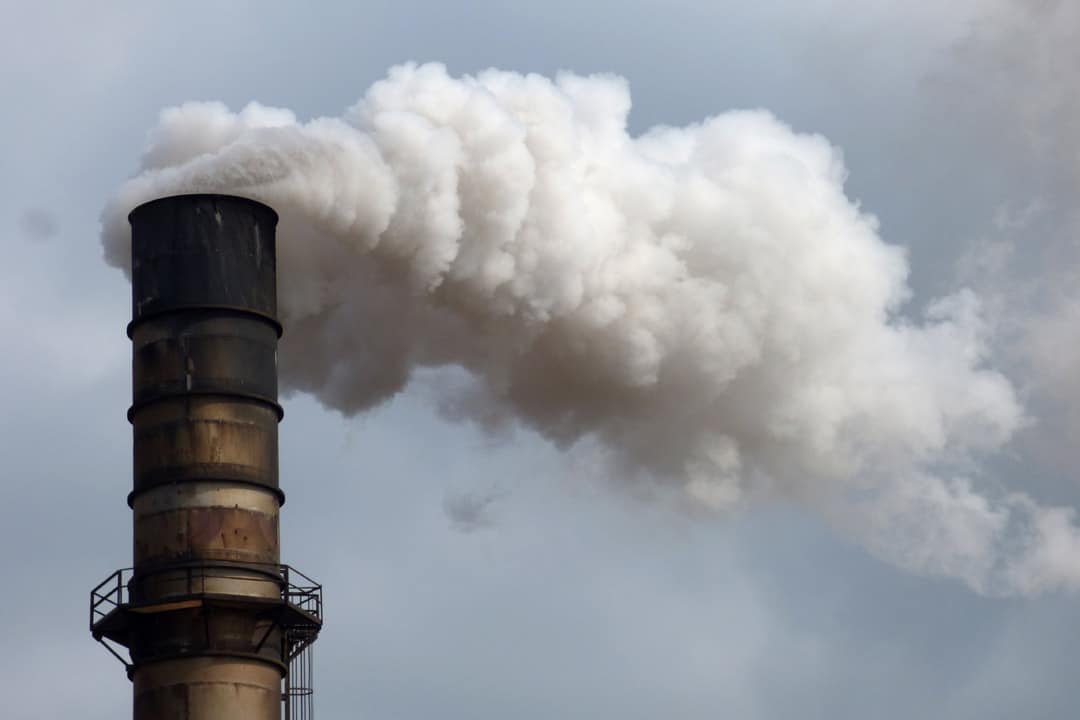For thousands of years, humans have relied on natural resources to provide energy for machinery, industry, and progress. Water wheels and windmills were among the first inventions that harnessed the power of the natural world for human use. In the 1700s, the development of the steam engine — the first fuel-powered machine — signalled a new era for energy. Since the Industrial Revolution in the early 1800s, fossil fuels — made up of decomposing organic matter and rich in hydrogen and carbon — have been the main important source of energy around the world.
Coal, oil, and natural gas are all examples of fossil fuels, and they are used to power everything around us. Global consumption of fossil fuels has increased dramatically in the past century — current rates of use are eight times higher than in 1950, and twice as high as they were in 1980. In 2019, fossil fuels made up 84 per cent of primary energy usage around the world.
Recently, there have been increasing concerns about the environmental consequences of fossil fuel usage. Fossil fuels are a limited and nonrenewable resource, and it is infeasible to wait millions of years for new deposits to form. Fossil fuel usage is a major contributing factor to climate change, making up nearly 75 per cent of all human carbon emissions over the past 20 years.
The world we live in is powered by nonrenewable energy; our current ways of life are highly reliant on these finite fuels, resulting in us chipping away at the planet and depleting the ozone layer. However, despite the seemingly bleak state we’re in at the moment, there is reason to be optimistic about the future.
In 2021, the annual World Energy Outlook, a report published by the International Energy Agency (IEA), proposed — perhaps surprisingly — that fossil fuel usage could hit an all-time peak by 2025 and begin to decline in the second half of the decade. The IEA report is centered around the “1.5 degrees Celsius scenario,” the trajectory outlined by the 2016 Paris Agreement in which climate change should be limited to below a 1.5 degrees Celsius increase in temperatures worldwide. According to the report, IEA experts believe that if countries can reach this target and if more resources are directed toward developing sustainable energy sources, we could soon be transitioning away from fossil fuels to an age of renewables.
In recent years, there has been an increasing focus on further developing sustainable and renewable energy, and there has been significant progress made in the field. Solar and wind power are both growing quickly in usage and are now the cheapest source of energy in many markets. Globally, sales of electric vehicles are now hitting record highs.
Climate experts around the world are also working on undoing the damage we have already done. A team of researchers at Stanford University are working on carbon capture and sequestration, a process which takes carbon dioxide from the atmosphere and stores it underground, and they, along with scientists in the United Kingdom, are researching the use of carbon dioxide to make reusable plastic. Here at U of T, a team of scientists leading a national climate science satellite project have received more than $200 million from the federal government, and experts on nature-based infrastructure are helping vulnerable populations fight climate change.
It can be easy to get caught up in climate anxiety and believe that we’re hurtling toward irreparable environmental destruction, but it’s also important to remember that we are capable of making positive change. Not all is lost — as long as we take action soon.


